Here's What You Need to Know About Millennial Car Shopping Habits
It turns out that millennials aren’t a car-hating generation and they actually do want to buy cars, just not how you might think.
The J.D. Power Automotive Marketing Roundtable wrapped up recently and provided some statistics on millennial car shoppers. Millennials, also known as Generation Y, are generally defined as anyone born between 1977 and 1994. They are projected to account for 30 percent of the new vehicle sales in the U.S. in 2016, second only to the Baby Boomer generation.
“Young people: who are they and what is their deal?” asked J.D. Power analyst, Amit Aggarwal. “Well, first of all, part of their deal is that they buy cars.”
Millennials are becoming the largest generation in the U.S. and bought about 4 million cars and trucks across the country last year. They even surpassed Gen X ( 1960s to mid-late 70s) as the largest generation in the U.S. labor force. Over the past four years, new vehicle buyers tend to enter the purchasing process knowing the exact model they want and usually end up buying it, J.D. Power statistics indicate. These statistics show that in 2016, 35 percent of new car buyers knew the exact model they wanted and bought it. That’s up 7 percent from 2013. Millennial car buyers are definitely doing their research, and in California, the country’s biggest car market, Millennials outpaced Baby Boomers for the first time ever.
When looking to buy, Millennials consider slightly more vehicles on average than Baby Boomers. Millennials also usually take longer to decide what car to buy than Baby Boomers, an average of 16.9 vs 15.7 weeks. Millennials invest more time in the actual buying process as well, almost four and a half hours more on average. This means that Millennials are exercising their due diligence when searching for cars more so than Baby Boomers.
SEE ALSO: Are the Good Times of the Auto Industry Sustainable?
Several car dealers around New York found that Millennial customers did the majority of their business online before finally going down to the dealership. The dealers also reported that many of the questions Millennials asked were surrounding bad credit and that they usually purchased more budget vehicles.
Millennials also use more content to help decide on a vehicle, which makes sense, as they were the first generation to grow up on the internet. In 2014, 93 percent of U.S. Millennials accessed the internet, and 53 percent were tablet owners. This translates to Millennials being more likely to find their vehicle through online mechanisms than Baby Boomers at a rate of 38 percent to 28 percent. But ironically, about half of both Millennials and Baby Boomers reported making their initial dealer contact by actually walking in to the dealership, despite these numbers.
“I must have checked out at least 100 to 200 sources while researching,” said Christian Tooley, a 25-year-old architecture consultant from Atlanta. Tooley recently bought a brand new 2016 Chevrolet Corvette Stingray from his local dealer, and said he got a great deal on it. He might not fit the stereotype of ‘poor Millennial,’ but he does fit the description in other ways.
“I was looking online, watching video reviews and [reading] written reviews. Talking to people on the forums — owners — was probably the most helpful resource,” he said. Tooley said it makes sense that his generation does so much research before making a big purchase. “I think it’s because [Millennials] are so used to being able to Google things and get all the information when looking some stuff up, and this was my first ever big purchase. We’re into options. We do that with Amazon, we do that with eBay, so why not do it with cars?”
Overall, Millennials are also less brand loyal than Baby Boomers and despite their increasing buying power, a lot of dealers are still playing catch-up with the generation. According to J.D. Power figures, the dealership sales process continues to under serve younger buyers. J.D. Power sales satisfaction buyer index ranks lower for Millennials on average than Baby Boomers. In 2015, Millennials were between the ages 21 and 38, the latter age typically being the age where a person accumulates enough resources to start a family, or buy a car or a house. As Millennials start to accumulate more of the market’s purchasing power, car companies will likely do everything in their power to accommodate them.
In 2015, Millennials were between the ages 21 and 38, the latter age typically being the age where a person accumulates enough resources to start a family, or buy a car or a house. As Millennials start to accumulate more of the market’s purchasing power, car companies will likely do everything in their power to accommodate them.
More by Brooks Harvey





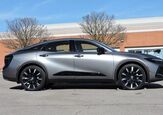














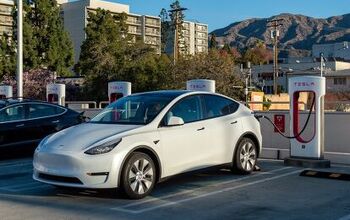
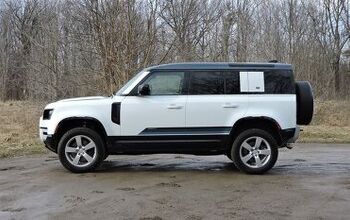

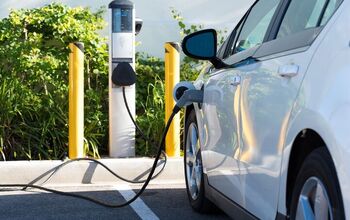

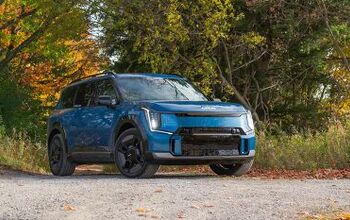
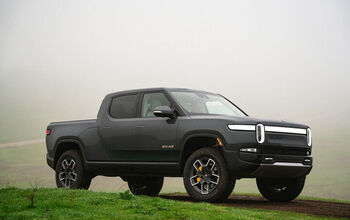
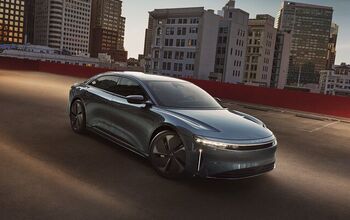

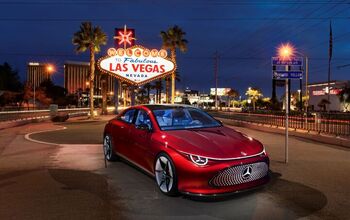
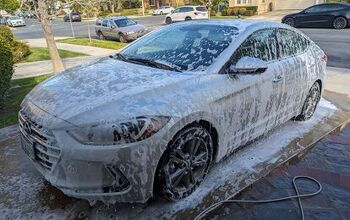
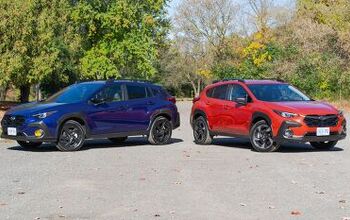
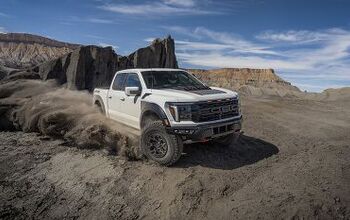
Comments
Join the conversation